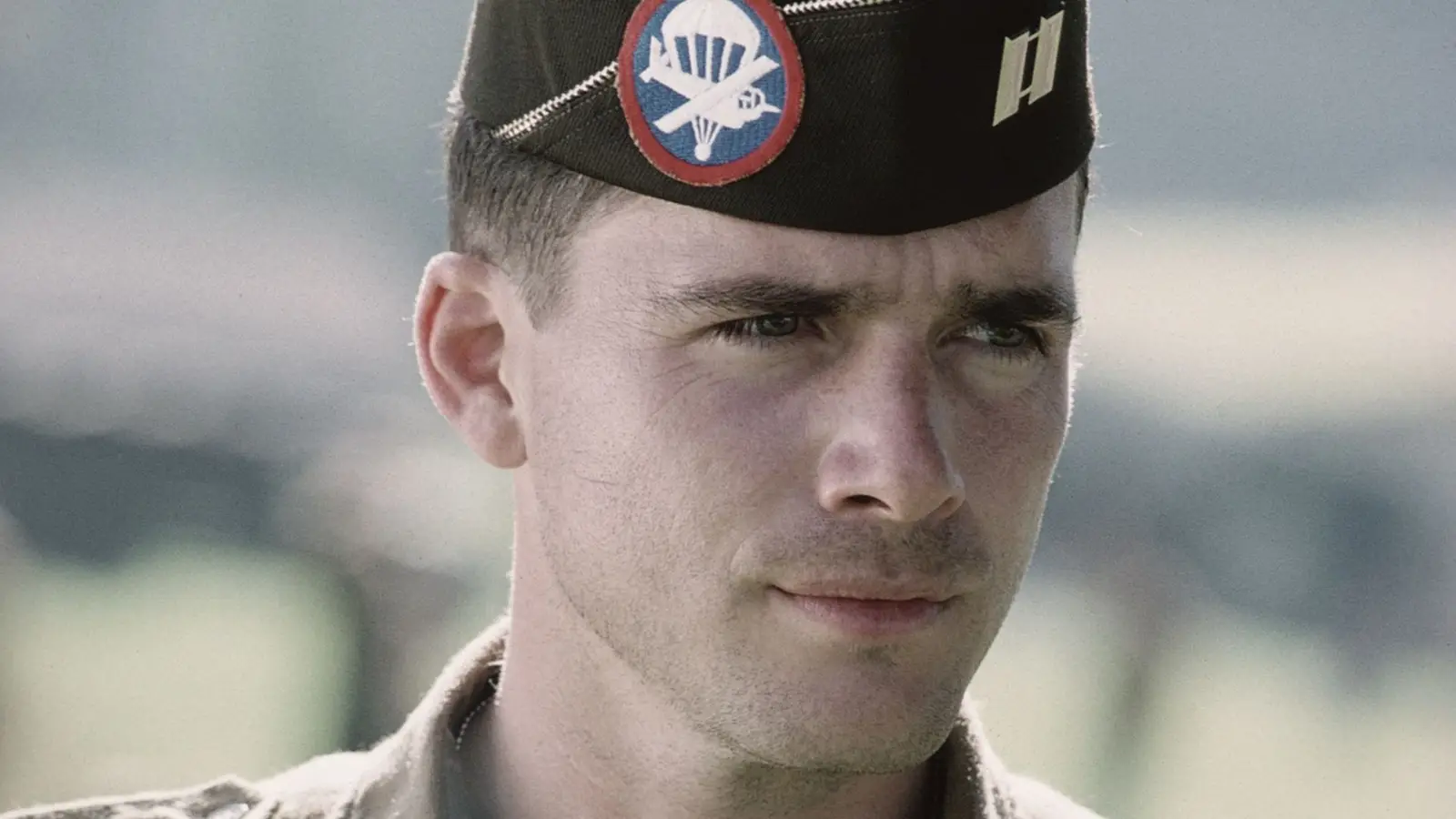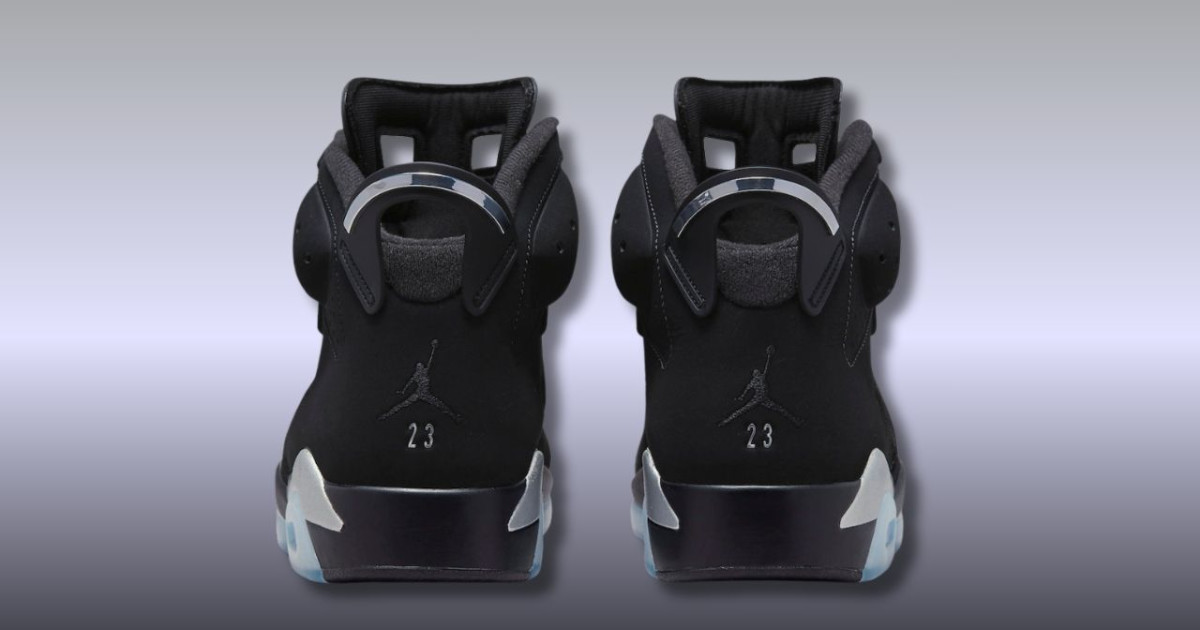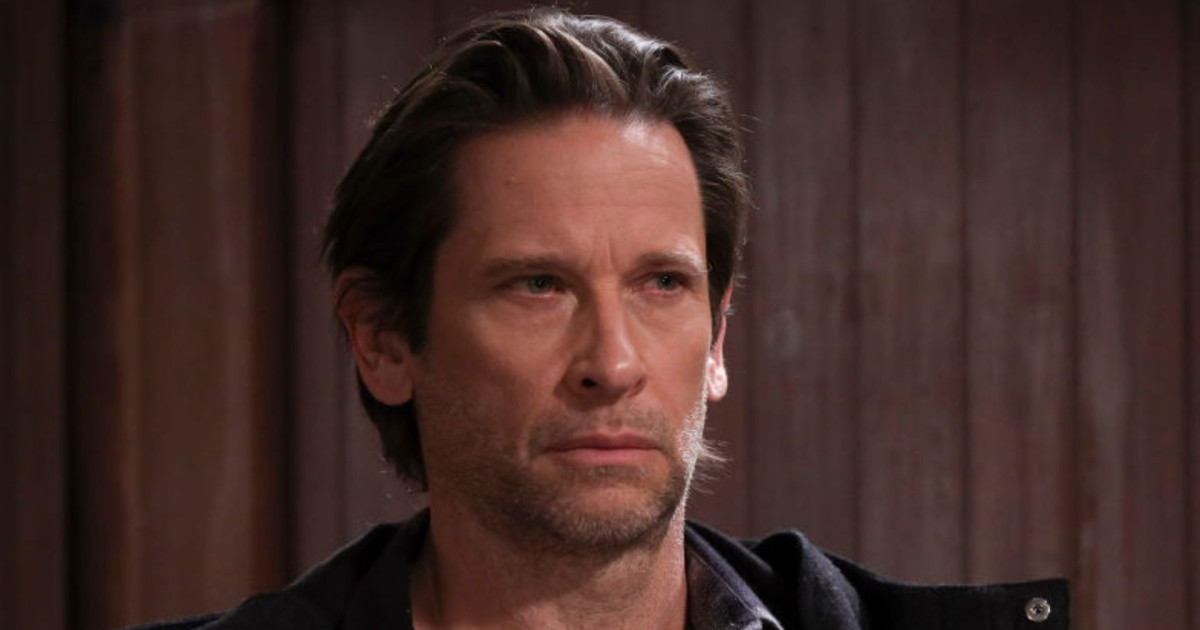Copyright Screen Rant

These three war TV shows start off strong and never dip in quality for their entire runs. War TV shows are always popular fare. It's hard not to find yourself drawn to stories set during World War II, the Napoleonic Wars, and even fictional ones. Some people come for the bloody voyeurism, and some for everything else the genre offers. If you don't know what to watch, but you want to ensure that whatever you select is worth it, the war genre is not a bad pick. It has a pretty fantastic batting average. The expense that it costs to create a war TV show means that most productions aren't going to take a chance on half-realized series. War TV shows are also necessarily filled with deeply human themes that resonate across generations. A TV show like Shōgun and a show like SEAL Team are set decades apart but tell similar stories filled with grief, bravery, and anger. Still, there is a hierarchy to war shows, and these three are near the top. The Vietnam War (2017) Ken Burns' The Vietnam War is a 10-part documentary series that premiered on PBS in 2017, and every episode of the show is a riveting history of the ill-advised military conflict and what was happening back in America during the period. Like any good Burns documentary, the series is filled with incredible photos and experts. It's a thoroughly researched documentary and features 79 witnesses who all explain their experiences of the conflict. Notably, there are not any "big" names in the documentary, with Burns preferring to focus on the men and women who were on the ground, able to give first-hand anecdotes of the war and the culture in America. While The Vietnam War is, of course, focused on the war, the series is also a treatise on the culture of the '60s and '70s, giving fantastic insights into the temperature of the country. The series digs deeply into each subject it explores, but also knows exactly when something has been covered and when to move on. Generation Kill (2008) At first blush, you might think Generation Kill is the modern version of Band of Brothers or The Pacific, but it's not quite so simple. The series is based on Rolling Stone journalist Evan Wright's 2004 book that he wrote about his experience as a reporter with the US Marine Corps' 1st Reconnaissance Battalion during the 2003 invasion of Iraq. This seven-episode series only takes place over a few months, during the initial assault on Iraq where US troops stormed into the Middle East country. Despite only being set from March 2003 to April 2003, Generation Kill feels endless. The wars and the battles run into one another, all linked together by driving to nowhere and back in the desert. In modern warfare, it seems, war is 99% deliriously boring and 1% terrifying, and Generation Kill shows that divide expertly. You grow accustomed to the marines, played by Alexander Skarsgård, James Ransome, and Michael Kelly, and feel almost like you're hanging out in a college dorm, until bullets start flying and IEDs start going off. Band Of Brothers (2001) The quintessential war TV show and the best war series of all the Steven Spielberg and Tom Hanks-produced war epic shows, Band of Brothers feels more like 10 incredible war movies than a show. Every single episode of the series is worth watching for one reason or another, and you can probably guess an episode just by watching a scene. The series is based on Stephen E. Ambrose's 1992 non-fiction book, and it dramatizes the history of "Easy" Company of the 101st Airborne Division, which landed in Europe on D-Day. Band of Brothers follows Easy from their time in a training camp up until the end of the war, depicting the losses they suffer in unblinking detail.



